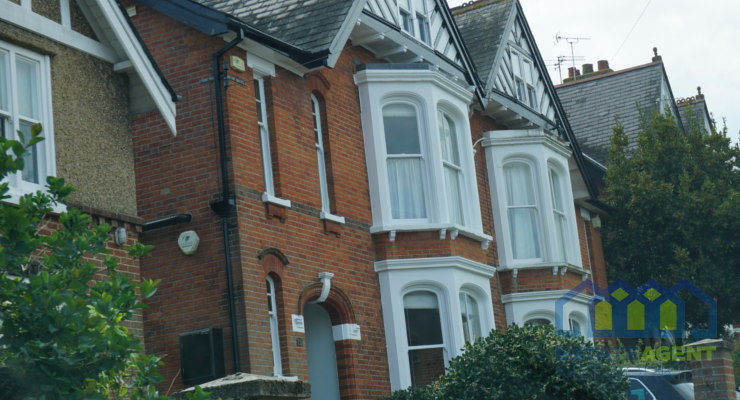What Not To Put Down Your Drain
You probably picture your dream house in a great spot in a nice neighborhood — full of lovely decor, plenty of outdoor space and other aesthetic factors. What likely doesn’t come to mind? Clogged pipes and overflowing drains. Unfortunately, plumbing can have its mishaps and lead to unforeseen costs and damage. Most plumbing systems do not have the capacity to handle many common household items — resulting in environmental harm and pipe damage.
Common Causes of Clogged Drains
Most of the items that cause clogging do so because they cannot decompose in water. Solid materials and thick substances do not easily pass through pipes. When they continue to be sucked into the drain, they could be quite difficult to clear. Over time, these substances cannot be flushed and require additional help to pass.
Depending on the area of the house, different causes have various effects on pipes. For example, in the kitchen, grease, oil, soap, solid food and cleaning solvents can clog drains.
In the bathroom sink, tub or toilet, there might be hair, soap, toothpaste, toilet paper, wipes and feminine hygiene products that have accumulated. In air conditioners, condensation drains create more serious issues. Algae, mold, mildew, lime and other minerals might form because of moisture.
Washing materials, substances and foods down the drain could ultimately have detrimental effects on your system. It’s also crucial to remember that one of the big issues isn’t necessarily just your pipes, but also the toxins and chemicals that might end up in natural water supplies
The Environmental Effects of a Clogged Drain
Your plumbing structure isn’t the only system affected by clogged pipes; plumbing may harm the ecosystem. Most newer homes have opted for more sustainable models because they can contribute to a healthier place to live, reduced operating costs and an eco-friendly consciousness. A home with a minimal environmental impact could be a key driver when installing plumbing systems.
That said, while a system may contribute to efficiency in household productivity, improper piping maintenance could cause high levels of pollution to natural ecosystems. Harmful chemicals can spill into natural waterways and disrupt wildlife — even contributing to mutations and biodiversity damage. While you are fighting a bubbling drain, the materials may still be at risk of hurting the environment.
How to Tell If Your Drain Is Clogged
The most beneficial way to keep your drains running smoothly is to be mindful of what’s being put in it. However, sometimes certain foods and items accidentally make their way into the pipes.
Your drains are probably clogged if:
• Water is draining slower than usual
• Water stops draining
• Water is bubbling or making a gurgling sound
• There is an unpleasant odor
• Puddles of water are forming around or beneath the pipes
The sooner you address any potential issues, the faster they can be treated. At the first sign of a drainage issue, try to identify what substances are entering the drain.
How to Unclog a Sink or Drain
Unclogging a drain yourself is possible when done correctly. While it depends on the type of pipe and area of a home, a DIY project may save you money and stress. Drainage solvents and plungers often clear clogged pipes in minutes. If the problem persists, professional plumbing services can prevent issues before they severely damage the plumbing system.
It is important to have good pipe health to care for the environment and your home’s plumbing.
For more information on items that should not be drained, how to safely dispose of them and some eco-friendly alternatives, read our accompanying infographic.
Infographic created by Tunnel Vision Pipeline Service, a CIPP Lining Company
Sources:
https://www.flowguardgold.com/blog/know-how-plumbing-materials-can-impact-the-environment
https://www.rodgersplumbing.com/seven-signs-clogged-drain/









